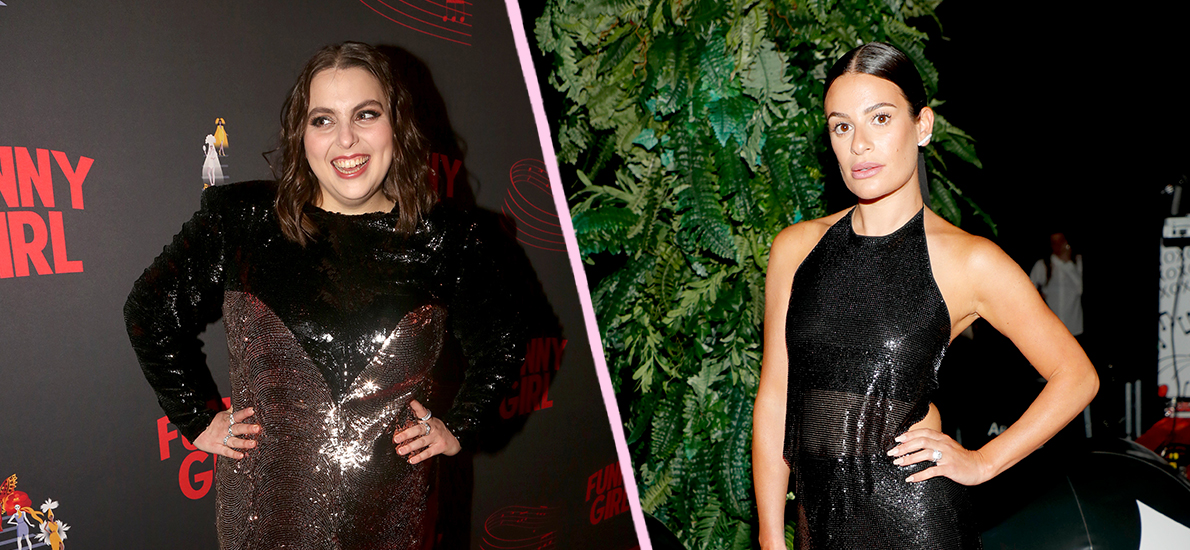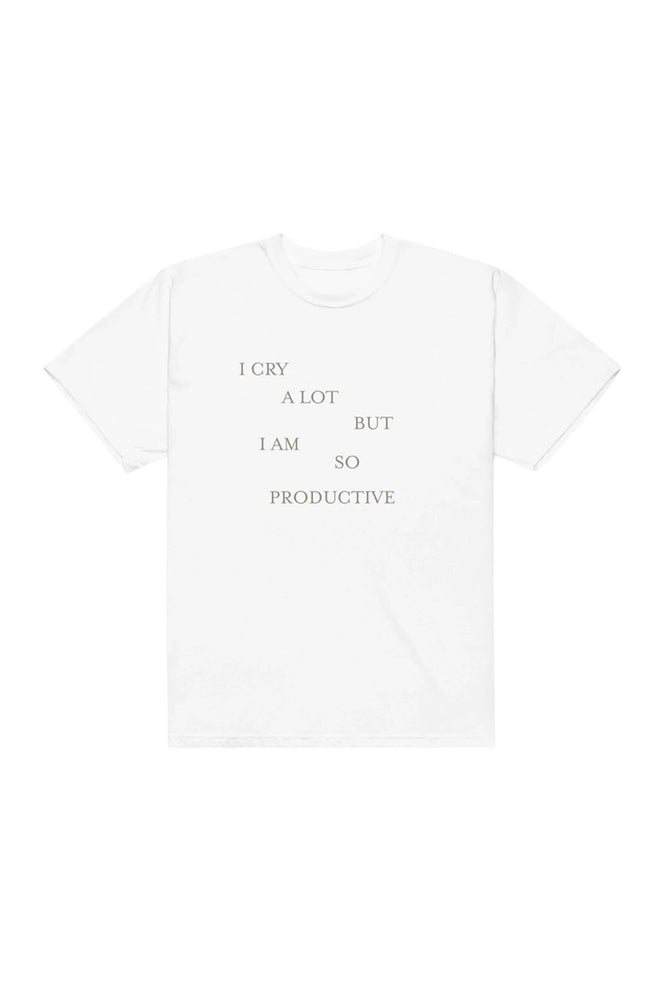If you haven’t heard that Lea Michele is playing the role of Fanny Brice in Funny Girl on Broadway, then I don’t know what rock you’ve been living under. Broadway news rarely transcends the theater world, but this announcement has blown up the entertainment news cycle as real life and television have become one. For six seasons of Glee, audiences watched Rachel Berry idolize and eventually play the titular role of Fanny Brice on Broadway in a plot line inspired by Michele’s real desire for the part. Beginning September 6th, those same audiences can watch Lea Michele become Fanny Brice IRL. It’s all very meta.
Michele wrote of the news on Instagram, “A dream come true is an understatement,” but for some involved in the show’s production, the whole thing has been a nightmare. As a self-proclaimed theater-kid-who-can’t-sing and a Lea Michele fanatic, I have been following this chaos since the moment the revival was announced. But for those whose hobbies do not include scrolling through theater Twitter for hours, here’s the tea that’s tearing through midtown Manhattan.
This dramatic tale could begin in the early 2000s, but the easiest place to start would be the announcement of the Funny Girl revival starring Beanie Feldstein this past August. The musical, which tells the story of Jewish actress Fanny Brice’s journey to fame, originally starred Barbra Streisand in the 1964 Broadway production and 1968 film. Feldstein, known for her performance as Monica Lewinsky in American Crime Story: Impeachment in addition to significant roles in Lady Bird, Booksmart, and Hello, Dolly! on Broadway, said in a statement that her casting was a “lifelong dream come true”.
As Feldstein was celebrating her new job, the internet only thought of one person: Lea Michele. She has made her desire to play Fanny Brice obvious for the past 13 years, singing several songs from Funny Girl and idolizing Barbra Streisand while playing Rachel Berry on Glee; performing the musical’s iconic tune “Don’t Rain on My Parade” at the 2012 Tony Awards; honoring Streisand at various events; and even writing about her love for both Babs and Funny Girl in her book, Brunette Ambition. Given this connection, Michelle was trending on Twitter the day Beanie Feldstein’s casting was announced with users either laughing or crying at Michele’s snub.
The Funny Girl revival opened on Broadway this April, and the reviews were harsh. The New York Times wrote that “You root for [Feldstein] to raise the roof, but she only bumps against it a little. Her voice, though solid and sweet and clear, is not well suited to the music.” For an iconic lead role with such a famous predecessor, Feldstein had big shoes to fill. To top it all off, Funny Girl was essentially shut out of the Tony Awards. It received a singular Tony nomination for supporting actor Jared Grimes’ performance while other Broadway revivals received between five and ten. Beanie was also missing performances, and when she was there, she was singing to an audience barely over half full.
At this point, everything at Funny Girl is heading downhill. Basically no Tony nominations, bad reviews, and low ticket sales. At the same time, something interesting is occurring elsewhere: Lea Michele is rebranding and reviving. She starred in the anniversary performance, documentary, and Tony Awards number celebrating the 15th anniversary of Spring Awakening, the show that brought her big break. Michele is also embarking on a small solo tour throughout the country this month. But why exactly do I call this a comeback? In June 2020, Michele received backlash over allegations of problematic behavior on set. After she Tweeted in support of the Black Lives Matter movement, Glee castmate Samantha Ware called out her toxic on-set behavior. This sparked several diva-like accusations against Michele from co-workers. Michele later apologized and then focused attention on the birth of her first baby.
So, what happened next? On June 15th, Feldstein announced she would be stepping away from Funny Girl in mid-September, six months before her contract was supposed to end. Everyone — well, mostly myself and theater Twitter — started speculating that Lea Michele would take her place. A week later, Gawker dropped a bombshell article reporting that an inside source confirmed the replacement rumors. Adding to the chaos, Michele and Feldstein share an agent.
For about a month after the first chaotic Funny Girl news cycle, everything seemed relatively calm. That all changed last week when Beanie posted a new statement saying she would actually be departing the role on July 31 after “the production decided to take the show in a different direction.” Less than 24 hours later, Lea Michele was officially revealed as Broadway’s new Fanny Brice.
The casting announcement elicited mixed reactions. On one hand, cast members, including Jane Lynch, congratulated Michele on the role. While on the other, many are taking to social media to lament the decision, noting that Michele should be held accountable for her past behaviors. Samantha Ware, who initially accused Michele of bullying, tweeted that “silence is complicity” after the news broke. The strongest reaction, though, came from audience members as ticket prices skyrocketed. Funny Girl is now the number one event on ticket vendor SeatGeek’s platform with costs ranging from $600 to $2,500. Meanwhile, tickets cost an average of $69 for the remainder of Feldstein’s run.
Michele will begin her job on September 6th with current standby Julie Benko taking on the role until then and every Thursday after. Emmy and Tony nominee Tovah Feldshuh will also replace Jane Lynch as Mrs. Brice (I know, Gleeks, it would have been a dream to have Rachel and Sue together on stage again).
And that’s what you missed on Glee.
Images: Astrid Stawiarz/Getty Images for alice + olivia; Bruce Glikas/WireImage










































